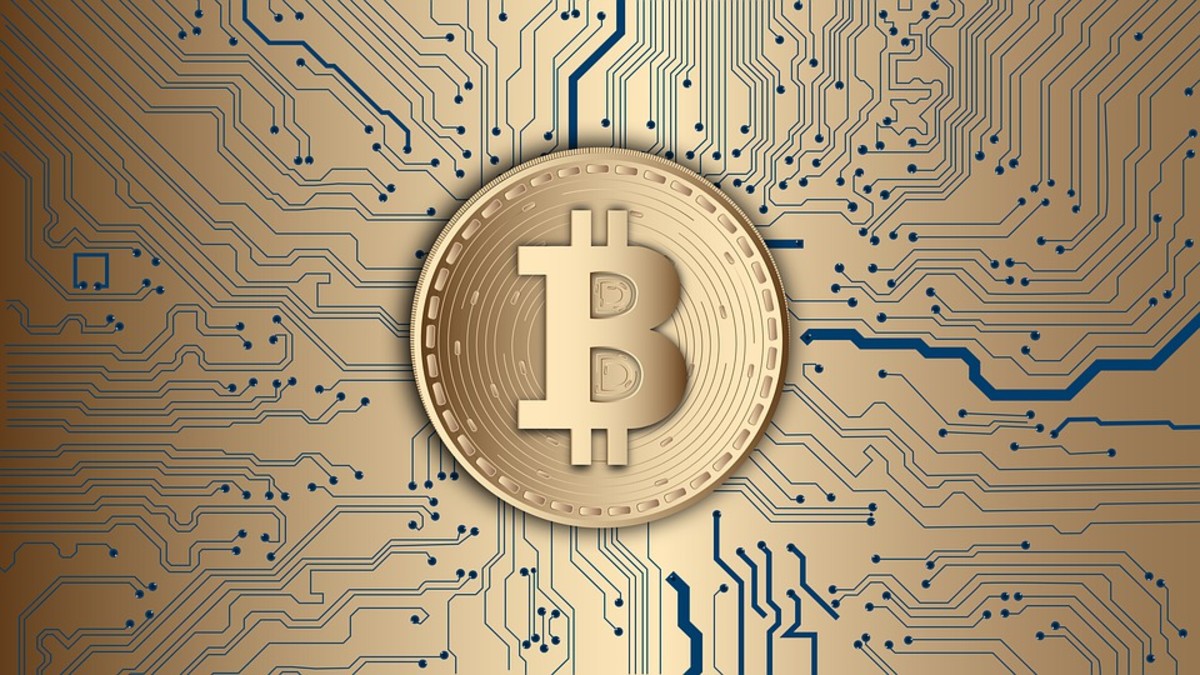The Future of Money: One World Currency

Money, Money, Money...
This article is more speculation or prophecy rather than fact. I couldn’t help but daydream the other day when I thought about money and banking, and how things have become more advanced technologically.
Think of how we started long, long ago. We used to partake in something called bartering, which some now call swapping or trading. Our forefathers would trade items of their own in return for something that belonged to the other. Then they started to use the first currency, whether it was bones or sea shells or whatever, and since then we’ve stuck to this method.
Nowadays we can bank online and on our cellphones. We don’t have to stand in queues at the ATM any more. We don’t even have to see the other person anymore, because we can have goods delivered over long distance and pay money into their accounts from our laptops and mobile devices. And yet, even though you would think things are easier, they really aren’t. There are more rules, more dangers, more precautions we have to take, and there are more obstacles that we have to contend with.
When I opened up my second cheque account with FNB, it took over an hour sitting at the branch, filling out forms, signing documents, and waiting impatiently as the assistants scurried about, checking references, background and photocopying pages upon pages; more stuff for me to sign.
I started thinking; I know some of the ideas that follow may have been used by sci-fi writers in books, games and movies, and it may not be totally original but eventually they will (they should) be applied in real life.
What I thought of was a worldwide electronic currency. It’s not such a far-fetched idea, what with Bitcoins having made waves in recent years. It has appeared in games like the System Shock series (nanites), which is based far in the future.
Think about the present, how the Euro took over as the predominant currency in Europe, instead of every country having their separate ones like before. Look how that turned out, too.
Even better and more to the point, some companies already use what they call an "internet currency", "digital currency" or "market points". I’m referring to paid online survey panels (yes, I’ve tried them). Once you reach a certain amount of points, you can redeem them for cash which is then mailed to you by cheque or paid into your PayPal account. Hell, people already pay with credit cards or debit cards instead of carrying a lot of cash around with them; some wholesalers and retailers don’t even accept cash because they don’t have a safe on the property.
What we need now, is to eventually do away with physical money altogether and make a fully functional internet or electronic currency.
"What we need now, is to eventually do away with physical money altogether and adopt a fully functional internet or electronic/digital currency."

Think of some of the benefits:
• It would be cleaner - I’ve heard that money is indeed dirty and that you should always wash your hands after using it.
• It would be safer to some degree. All around South Africa, ATM bombings, heists and armoured van hijackings occur constantly and that money is lost, because it is vulnerable.
• We would save petrol because of the lack of having to transport large amounts of money.
• It would save space. Instead of having vaults, safes and other complicated and expensive storage places, this currency has no physical shape and could essentially be unlimited, depending perhaps on bandwidth, cloud storage space, or something or other.
• It would save countries untold amounts in printing, like our Reserve Bank, and minting of coins.
• It would be environment-friendly with no more trees being used for paper, and whole entire areas being deforested and devastated, saving the animals as well.
• Precious metals would be saved and countries would save a huge fortune because they wouldn't have to use them to produce bullion and coins.
• It would save lives, with no more people being mugged and killed over the change in their pockets or money in their wallets.
• If it’s to be a worldwide currency, then obviously there’s no need for different monies anymore or the exchange rates, and not to mention a lot of companies or websites would be happy to send business to foreign individuals more often.
• There would be more standardization, with the exchange rates null and void; products would be cheaper all over the world.
• Small shops wouldn’t lose their takings because of some jumped up, drug addicted gunman who waltzes in to the place and telling them to empty the till. “Empty the computer, lady!” wouldn’t really yield much in the way of results if there’s no physical money to be taken, unless he’s going to download it on to some expensive little machine (And how would he afford it anyway if he’s robbing the store? He must be desperate).
We would have to take a lot of things into consideration, just like with online banking. Firewalls and other internet security would have to be updated constantly and there would have to be a stepped up number of IT personnel to battle against fraudsters and hackers, just like security guards accompanying vans.
Not everybody would be able to use this technology though and that’s a shame. Poor people on the streets can’t afford computers and such, but governments have never let poverty stop them before. For the most part, in my country, they are just a problem that is ignored.
I think it’s about time we stopped entirely with money. It could all work the same way as it does now, just with electronic currency, and the omission of the physical presence of cash.
“Money never made a man happy yet, nor will it. The more a man has, the more he wants. Instead of filling a vacuum, it makes one.”
— Benjamin FranklinWhat do you think of the idea of electronic currency?
© 2008 Anti-Valentine








